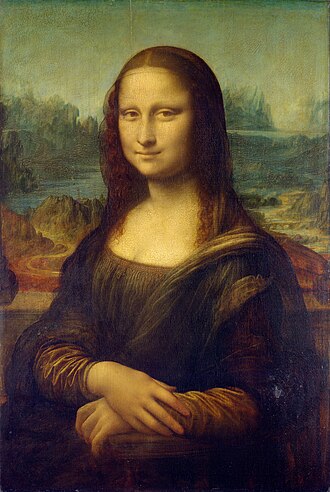16th century
16th Century
The 16th century spans the years 1501 through 1600 in the Gregorian calendar. It is a period of significant social, political, and cultural change in the history of the world. This era is marked by the Renaissance, a flourishing of arts, science, and literature centered in Europe, and by the beginning of the Age of Exploration, which led to the discovery and colonization of new lands.
Overview
The 16th century is often regarded as a bridge between the Middle Ages and the Modern era. It witnessed the decline of feudalism and the rise of the nation-state. This period was characterized by a surge in global exploration, driven by advances in navigation and shipbuilding. The Columbian Exchange, which began with Christopher Columbus's voyages to the Americas in 1492, had profound effects on the world, introducing new crops and animals to various parts of the globe and leading to significant demographic shifts.
Renaissance
The Renaissance was a pivotal moment in the 16th century, promoting a renewed interest in classical philosophy, art, and sciences. It began in Italy and spread to the rest of Europe. Figures such as Leonardo da Vinci, Michelangelo, and Raphael made significant contributions to art and architecture, while thinkers like Niccolò Machiavelli and Desiderius Erasmus advanced political and social theory.
Reformation
The Reformation was another defining feature of the 16th century, leading to the split of Christianity into Catholicism and Protestantism. Initiated by Martin Luther's 95 Theses in 1517, it resulted in widespread religious conflict across Europe and the establishment of Protestant churches.
Exploration
The Age of Exploration saw European powers, particularly Spain and Portugal, explore and colonize territories in Africa, the Americas, and Asia. Notable explorers like Vasco da Gama, Ferdinand Magellan, and Hernán Cortés expanded European knowledge of the world and established trade routes and colonies.
Cultural Developments
The 16th century was rich in cultural advancements. The invention of the printing press by Johannes Gutenberg in the 15th century had a lasting impact on the spread of knowledge. Literature flourished with the works of William Shakespeare, Miguel de Cervantes, and others who have remained influential to this day.
Scientific Progress
This century also saw significant scientific progress. Figures such as Nicolaus Copernicus, Galileo Galilei, and Andreas Vesalius made groundbreaking contributions to astronomy, physics, and anatomy, challenging traditional views and laying the groundwork for the Scientific Revolution.
Political Changes
The 16th century experienced profound political changes. The Holy Roman Empire and the Ottoman Empire were major powers, engaging in conflicts that shaped the political landscape of Europe and the Mediterranean. The emergence of strong centralized monarchies in France, England, and Spain also characterized this period.
Conclusion
The 16th century was a time of dramatic transformation that laid the foundations for the modern world. Its events and figures continue to fascinate and inspire study across various disciplines.
Transform your life with W8MD's budget GLP-1 injections from $125.
W8MD offers a medical weight loss program to lose weight in Philadelphia. Our physician-supervised medical weight loss provides:
- Most insurances accepted or discounted self-pay rates. We will obtain insurance prior authorizations if needed.
- Generic GLP1 weight loss injections from $125 for the starting dose.
- Also offer prescription weight loss medications including Phentermine, Qsymia, Diethylpropion, Contrave etc.
NYC weight loss doctor appointments
Start your NYC weight loss journey today at our NYC medical weight loss and Philadelphia medical weight loss clinics.
- Call 718-946-5500 to lose weight in NYC or for medical weight loss in Philadelphia 215-676-2334.
- Tags:NYC medical weight loss, Philadelphia lose weight Zepbound NYC, Budget GLP1 weight loss injections, Wegovy Philadelphia, Wegovy NYC, Philadelphia medical weight loss, Brookly weight loss and Wegovy NYC
|
WikiMD's Wellness Encyclopedia |
| Let Food Be Thy Medicine Medicine Thy Food - Hippocrates |
Medical Disclaimer: WikiMD is not a substitute for professional medical advice. The information on WikiMD is provided as an information resource only, may be incorrect, outdated or misleading, and is not to be used or relied on for any diagnostic or treatment purposes. Please consult your health care provider before making any healthcare decisions or for guidance about a specific medical condition. WikiMD expressly disclaims responsibility, and shall have no liability, for any damages, loss, injury, or liability whatsoever suffered as a result of your reliance on the information contained in this site. By visiting this site you agree to the foregoing terms and conditions, which may from time to time be changed or supplemented by WikiMD. If you do not agree to the foregoing terms and conditions, you should not enter or use this site. See full disclaimer.
Credits:Most images are courtesy of Wikimedia commons, and templates, categories Wikipedia, licensed under CC BY SA or similar.
Contributors: Prab R. Tumpati, MD




